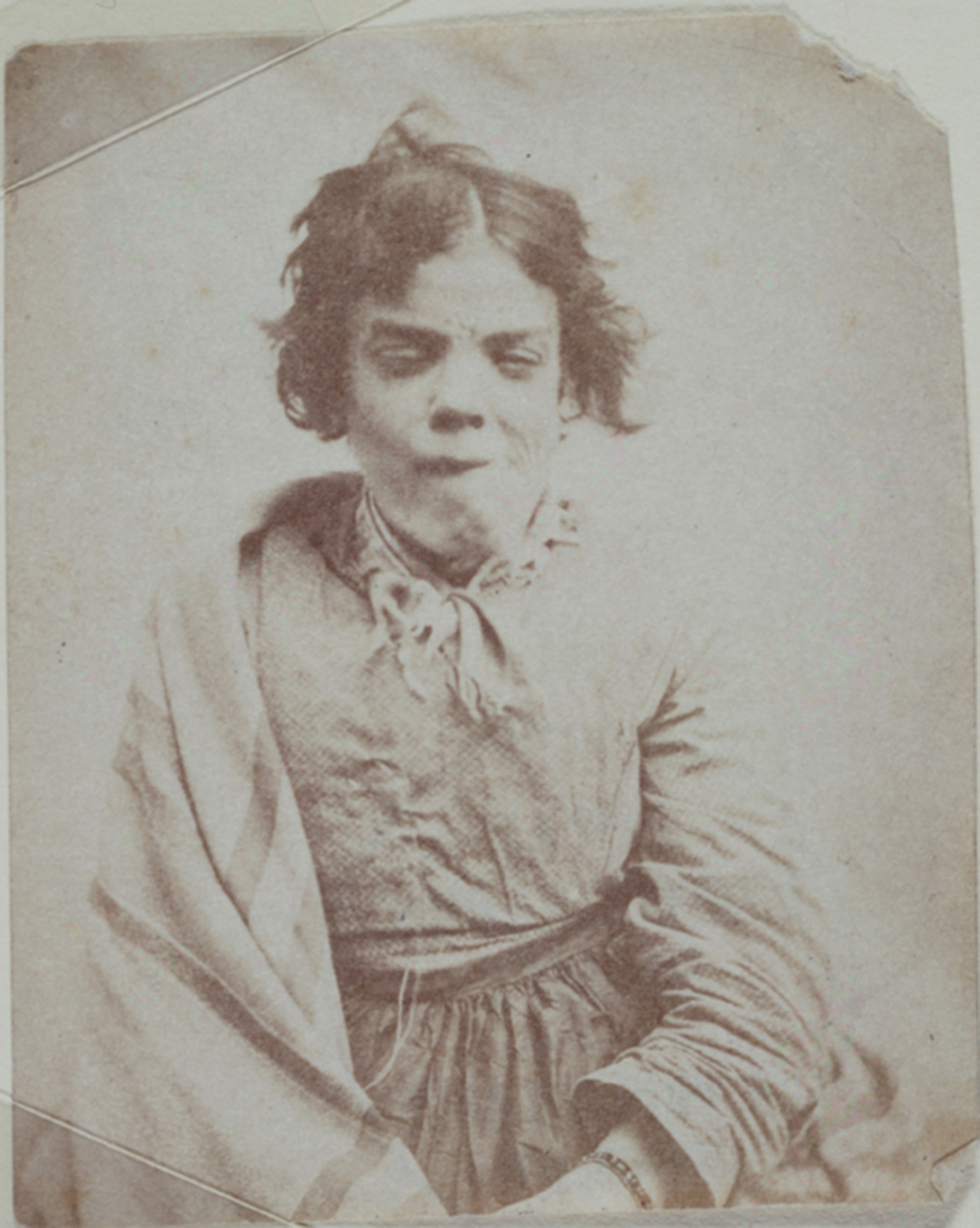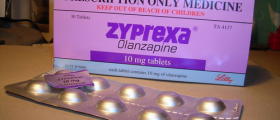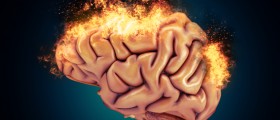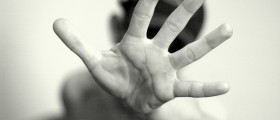
People having nonbizarre delusions without any other psychotic symptoms or mood problems are diagnosed to suffer from delusional disorder. They actually falsely believe into something in the external reality, although every other evidence is against the delusions and no one else accepts them.
Delusions are something that could happen in the real life but did not and do not happen actually. Delusional patients may believe that they are being followed or loved by someone, while there are also false beliefs that their partners are deceiving them or their health is compromised by some infection. Bizarre delusions are usually associated with more serious psychotic diseases such as schizophrenia and they are not so understandable or similar to real life situations.
The difference between psychotic disorders and delusional disorders is in the limited nature of these delusions. Patients usually do not know that their insight requires psychiatric help and therefore rarely seek consultation. Many times, these patients are presented to different professionals, like internists, surgeons, dermatologist, but also some lawyers and policemen instead of psychiatrists who could help them.
Delusions: Medical Treatment
Psychopharmacology treatment usually involves the use of antipsychotic medications for patients suffering from delusional disorder. Pimozide was one of the first drugs used for this purpose and for some 20 years helped many patients, with more than 50% chances for success, regardless the content of patient’s delusions. However, some 19% of the patients did not respond to this treatment.
Olanzapine and risperidone are the most commonly used atypical antipsychotic medications, while some doctors advise the use of clozapine. In spite of the therapy, patients still might not respond to any of the mentioned drugs. Adequate dose of antipsychotics for the remission of the symptoms is usually low and patients might be treated with 4.7g of haloperidol.
Antidepressant drugs are used for Somatic type of delusions primarily, but can also be used for other delusions as well. Selective serotonin uptake inhibitors (SSRI) and clomipramine could be efficient for culture-bond syndromes.
Combination treatment and polypharmacy were frequently used for these patients and in some cases even combined with electroconvulsive therapy or cognitive behavioral therapy.
Psychotherapy for Delusional Disorder
Supportive therapy has been found to be effective for patients suffering from delusions. Patients are educated about their illness and the available treatments, some social skills and how to minimize the risk factors for development of delusions.
Cognitive behavioral therapy and attention placebo control can both improve the belief and mood changes linked to delusions these patients experience, but cognitive therapy was more successful regarding the strength of conviction and positive action on these beliefs. Therefore, cognitive behavioral therapy is considered to be successful for the treatment of delusional disorder. Additionally, patients might find useful some social skills training and behavioral principles, as well as insight-oriented therapy.

















Your thoughts on this
Loading...